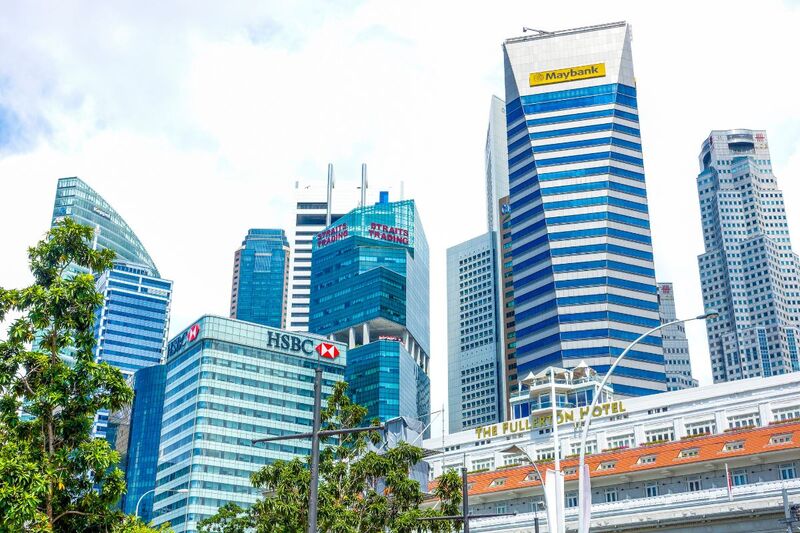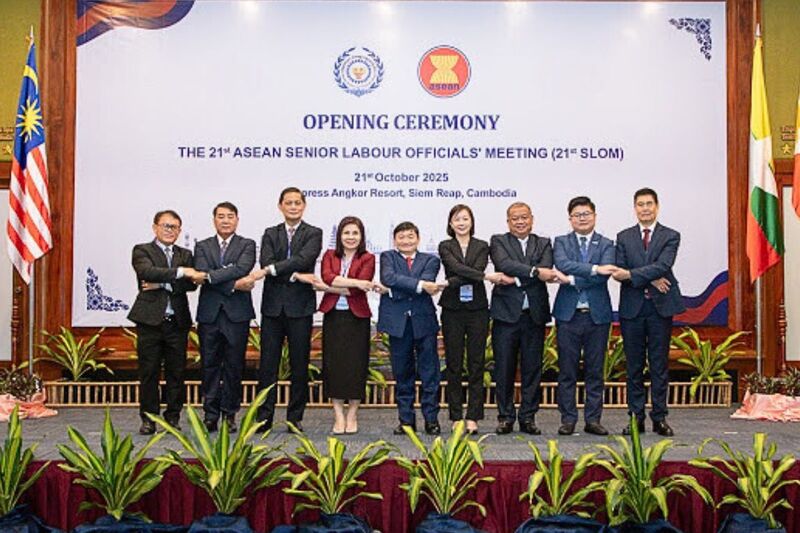How Singapore's Wealth Ranking Surge Will Affect Companies and Workers
Singapore’s recent leap to become the fourth wealthiest city in the world, surpassing London, marks a significant milestone. According to Henley & Partners’ 2024 World’s Wealthiest Cities Report, Singapore has attracted 3,400 high-net-worth individuals (HNWIs) in 2023 alone, bringing the total number of resident millionaires to 244,800. This shift has profound implications for both companies and workers in the city-state. Here’s a look at how this development will impact the business environment and the workforce in Singapore.
1. Increased Investment Opportunities
The influx of HNWIs is likely to bring substantial investment into Singapore’s economy. Wealthy individuals often invest in local businesses, start-ups, and real estate. This can lead to increased funding for innovation, research, and development, benefiting companies by providing the capital needed to expand and modernise.
- Impact on Companies: Enhanced access to capital can drive business growth and foster a more dynamic entrepreneurial ecosystem. Companies can leverage these investments to scale operations, develop new products, and enter international markets.
- Impact on Workers: Job opportunities are likely to increase as businesses expand. Workers can expect more diverse career options and potentially higher wages due to increased competition for skilled labour.
2. Boom in Real Estate Market
With more millionaires moving to Singapore, the demand for luxury housing is expected to rise. Although Singapore's prime real estate prices are currently lower than in cities like New York and London, this trend could change as demand increases.
- Impact on Companies: Real estate firms and related industries, such as construction and interior design, will see growth. Businesses may also face higher office rental costs, impacting their operating expenses.
- Impact on Workers: While the real estate boom can lead to job creation in the sector, it may also result in higher living costs. Workers might experience increased rental prices, making affordable housing a pressing issue.
3. Enhanced Global Business Hub Status
Singapore’s ranking as a top wealth destination reinforces its reputation as a global business hub. This status attracts multinational corporations (MNCs) and top-tier talent to the city.
- Impact on Companies: MNCs may establish or expand their regional headquarters in Singapore, benefiting from the city’s strategic location, robust infrastructure, and business-friendly environment. Local companies can gain from increased business opportunities and collaborations.
- Impact on Workers: The presence of MNCs can lead to knowledge transfer, skills development, and career advancement opportunities for local professionals. Workers can benefit from exposure to global best practices and diverse work cultures.
4. Innovation and Technological Advancements
Wealthy individuals often invest in cutting-edge technologies and innovative ventures. Singapore’s focus on becoming a smart nation aligns with the interests of these investors.
- Impact on Companies: Increased funding for tech start-ups and innovation hubs can accelerate technological advancements and digital transformation across industries. Companies can benefit from improved efficiency and new business models.
- Impact on Workers: Workers can expect to see a rise in demand for tech-savvy professionals. Upskilling and reskilling opportunities will become crucial as industries adopt advanced technologies like AI, robotics, and blockchain.
5. Greater Philanthropic Activities
HNWIs typically engage in philanthropy, contributing to social causes and community development. This trend can positively impact society at large.
- Impact on Companies: Corporate social responsibility (CSR) initiatives can receive more support and funding. Companies might find more opportunities to collaborate on social impact projects, enhancing their corporate image and societal contributions.
- Impact on Workers: Employees might benefit from enhanced community services, educational programs, and healthcare initiatives funded by philanthropic activities. This can lead to a higher quality of life and improved social welfare.
6. Pressure on Infrastructure and Services
The growing population of wealthy residents will place additional demands on Singapore’s infrastructure and public services.
- Impact on Companies: Businesses may face challenges related to congestion, such as slower transportation and increased demand for utilities. Companies will need to adapt to ensure efficient operations amidst these pressures.
- Impact on Workers: Workers might experience increased competition for public resources and services. However, infrastructure improvements driven by economic growth can also enhance the overall living and working environment.
Conclusion
Singapore’s ascent to becoming the fourth wealthiest city globally is a testament to its robust economic policies, strategic location, and business-friendly environment. This development brings numerous opportunities for companies and workers, from increased investments and job creation to enhanced global business status and technological advancements. However, it also presents challenges, such as higher living costs and pressure on infrastructure. By strategically managing these changes, Singapore can continue to thrive as a leading global city, benefiting both its economy and its residents.
Seeking Your Next Career Opportunity?
Submit your CV — Our trusted Career Consultants will review your resume and contact you if we find a position that matches your profile!
OR
Looking to Hire?
Please fill in this Inquiry Form — our Recruitment Consultants will be in touch with you soon!
Disclaimer:
The information provided in our blog articles is intended for general informational purposes only. It is not a substitute for professional advice and should not be relied upon as such.
While we strive to provide accurate and up-to-date information, the ever-evolving nature of certain topics may result in content becoming outdated or inaccurate over time. Therefore, we recommend consulting with qualified professionals or experts in the respective fields for specific advice or guidance. Any actions taken based on the information contained in our blog articles are solely at the reader's discretion and risk. We do not assume any responsibility or liability for any loss, damage, or adverse consequences incurred as a result of such actions.
We may occasionally provide links to external websites or resources for further information or reference. These links are provided for convenience and do not imply endorsement or responsibility for the content or accuracy of these external sources. Our blog articles may also include personal opinions, views, or interpretations of the authors, which do not necessarily reflect the views of our organisation as a whole. We encourage readers to verify the accuracy and relevance of information presented in our blog articles and to seek professional advice when needed.
Your use of this website and its content constitutes acceptance of this disclaimer.
Reference Links:
https://sbr.com.sg/markets-investing/news/singapore-rises-4th-amongst-worlds-wealthiest-cities






